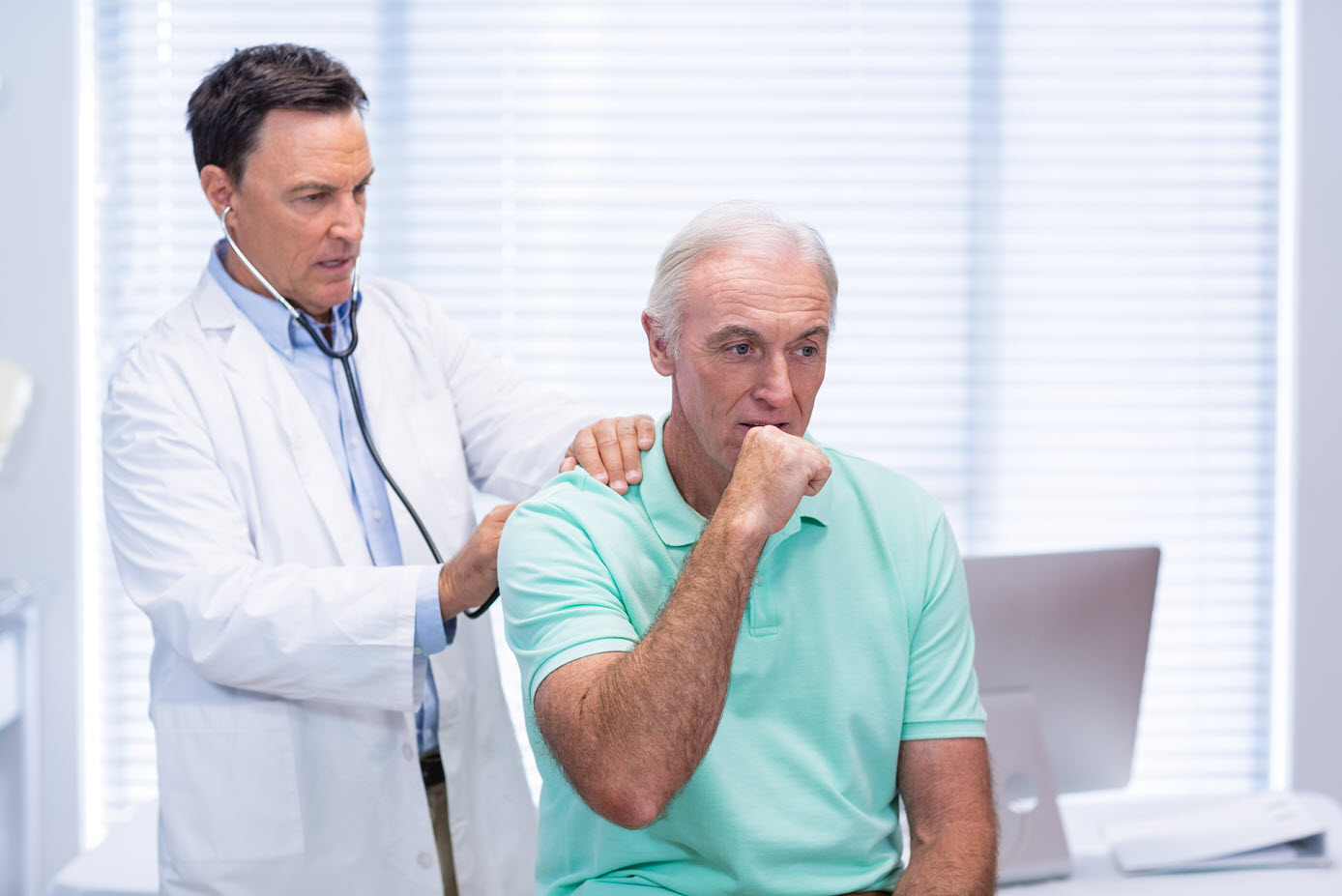Take a Closer Look at Pneumonia and Its Symptoms
The CDC estimates that about 6 out of 10 seniors have gotten a pneumonia vaccination. Despite this, 2014 saw more than 420,000 visits to the ER leading to a pneumonia diagnosis. About 51,000 died from pneumonia in 2014.
Do you really know the symptoms of pneumonia? Do you understand the difference between viral and bacterial strains? Find out what to do if your mom or dad develops it.If your mom or dad hasn’t had the pneumonia vaccine, they’re putting their life at risk. Even with the vaccine, there are strains it doesn’t protect against.
Common Types and Symptoms of Pneumonia.
Pneumonia is a lung infection that leads to a fever, severe cough, chills, lack of energy, and trouble breathing. In the elderly, symptoms may not be as typical. They may act confused or find it harder to accomplish mental tasks, which makes many people think of dementia.
When pneumonia is diagnosed, it can lead to a recovery period of weeks or months. Not only can pneumonia be viral, but it can also be bacterial and fungal. If viral pneumonia is suspected, antibiotics are not effective. It’s a virus that spreads from person to person. Thankfully, viral pneumonia is often mild.
Bacterial pneumonia may come after your mom or dad has had the flu or a bad cold or is in contact with someone else with bacterial pneumonia. The pneumonia is caused by bacterial growth. There are prescription medications that can help.
Aspiration pneumonia is a risk after a parent has a stroke. Because the stroke affects the ability to swallow, they cannot swallow saliva or food and instead inhale it into the lungs where it causes an infection.
When Should You Go Straight to the ER?
As soon as you suspect your parent has pneumonia, you need to call a doctor. If there’s a cough with chest pain, a fever of 102 or higher that doesn’t go away, breathing issues, or the appearance of mucus when your parent coughs, go to urgent care or bring your mom or dad to the doctor’s office. If your parent has a history of heart or lung disease or an autoimmune disorder, go to the ER.
Treatment Options.
When your parent is recovering from pneumonia, have someone check on them. Rest is important, but it’s also important that your parent stays hydrated and eats a healthy diet of fruits, vegetables, grains, and lean proteins. Your mom or dad may not have much of an appetite, so soups may be a better option.
If you still work, hire a caregiver to help your mom or dad remember to take medications. The senior care professional will make sure your parent is drinking enough and attending any follow-up medical appointments. If your mom or dad gets worse, the caregiver is there to call a doctor and alert you. Call a senior care agency to learn more about home care services following an illness.
If you or an aging loved one are considering senior care in Wayne, PA, contact the caring professionals at Reliant At Home Care today (610) 674-6860 .





